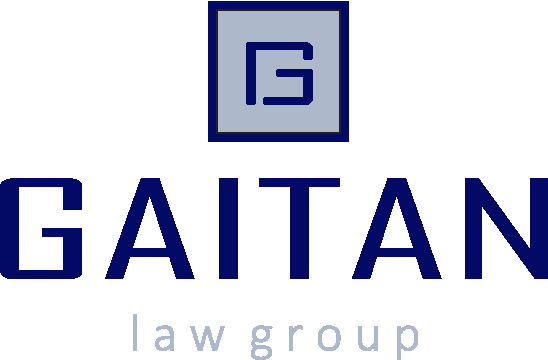The FDA has regulated cigarettes and tobacco products since 2009, after Congress passed the Family Smoking Prevention and Tobacco Control Act. With the recent finalization of the Deeming Rule, FDA’s authority under the Act now extends to all tobacco products, including e-cigarettes, cigars, hookah, pipe tobacco, and e-liquids. As these laws have evolved, the FDA attorneys at Gaitan Law Group have been advising members of the tobacco and vaping industries on those legal requirements and changes impacting their business. E-cigarette and e-liquid manufacturers, vape shops, wholesale distributors, suppliers, and others rely on our team of experienced FDA attorneys to achieve compliance with the many requirements of FDA’s tobacco regulation scheme including annual tobacco facility registration, tobacco product listing, labeling compliance and tobacco product approvals.
The regulatory changes that became effective August 8, 2016, known as the “deeming rule” expande dhte definition of “tobacco” under the Family Smoking Prevention and Tobacco Control Act and thereby the FDA’s regulatory authority to include “any product made or derived from tobacco that is intended for human consumption, including any component, part, or accessory of a tobacco product (except for raw materials other than tobacco used in manufacturing a component, part, or accessory of a tobacco product).” Products that meet the statutory definition of “tobacco products” include dissolvables not already regulated by FDA, gels, waterpipe tobacco, electronic nicotine delivery systems (“ENDS”), cigars, and pipe tobacco. ENDS is generally used to describe all e-cigarettes, e-hookah, e-cigars, vape pens, advanced refillable personal vaporizers, and electronic pipes, including nicotine and non-nicotine containing products.
Anyone who makes, modifies, mixes, manufactures, fabricates, assembles, processes, labels, repacks, relabels, or imports any tobacco product is considered a manufacturer under the FDA and is required to comply with tobacco product manufacturer requirements including but not limited to: registering their establishment, submitting a list of products and ingredient lists, and including warning statements in their packages and advertisements. Retailers are also affected by the deeming rule as they are now required to comply with specific notice requirements, are subject to new prohibitions (i.e. it is now unlawful to give free samples), and may need to comply with the registration and listing requirements if they fall within the definition of “manufacturer”. Our FDA attorneys can assist in analyzing your business to determine what legal requirements apply to your tobacco business and then developing a strategy to bring your company into compliance with FDA’s tobacco requirements.
Important deadlines are approaching for the tobacco industry. Our FDA tobacco attorneys work with tobacco companies to make sure that they meet their regulatory obligations under the FDA’s tobacco requirements, some of which include:
-submitting tobacco establishment registration;
-submitting tobacco product listing;
-revising labeling and advertisements to comply with FDA regualtions;
-submitting tobacco health documents;
-submit ingredient listing;
-submitting cigar warning plans; and
-submitting a premarket application for new tobacco products, among others.
Whether you are looking to open a new business involving tobacco products, bring your existing tobacco business into compliance, expand an existing tobacco product, or begin importing a new tobacco product to the U.S. our FDA compliance attorneys are here to help.
To speak with an established FDA attorney, e-mail Gaitan Law Group at info@ragaitanlaw.com or call us at 786.440.8115. We offer flexible fee arrangements.
Hablamos espanol.
